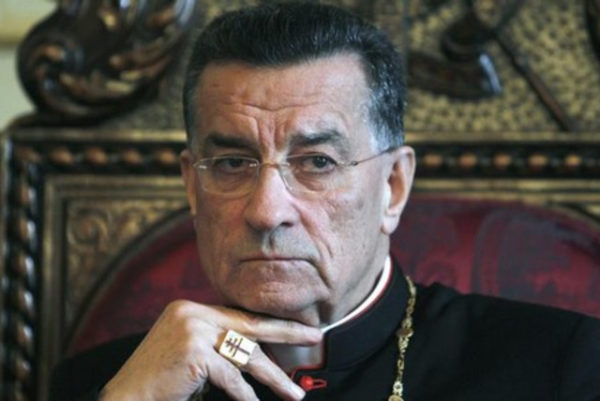Lebanon’s Maronite Patriarch Beshara al-Rai blasted on Saturday the MPs who walked out of Wednesday’s presidential election session , after the first round of voting accusing them of disrupting the electoral process
What happened “pained us, harmed our national dignity and made us ashamed in front of the world public opinion
“Everyone was hoping for the election of a president in Lebanon in order to get out of this crises,” he added
The Patriarch said that he does not favor a candidate over another and that the new president must “be up to the the challenges in building domestic unity, reviving state institutions and implementing the needed and urgent reforms.”
Flawed election system
Lebanon’s presidential election system has come under scrutiny in recent years due to its inherent flaws and the potential for undemocratic outcomes. In the most recent election the candidate of the opposition , former minister Jihad Azour secured 59 votes of the 128 member parliament in the first round while his opponent the Hezbollah backed candidate secured 51 votes . At the end of the first round the MPs of Hezbollah and its allies and their candidate left the parliament and declared victory . The speaker who is allied with Hezbollah decided to end the election session.
According to analysts the current presidential election system in Lebanon is in dire need of reform. The existing two-thirds majority requirement in the first round, coupled with the potential quorum issues in the second round, has resulted in undemocratic outcomes and a lack of faith in the process. By adopting the “half plus one” system in the first round, Lebanon can move towards a more representative and inclusive electoral process, ensuring that the will of the majority prevails. It is crucial for the Lebanese lawmakers to address these concerns and work towards a fairer presidential election system that upholds the principles of democracy and strengthens public trust in their democratic institutions.


Leave a Reply
You must be logged in to post a comment.